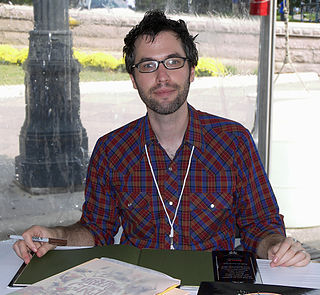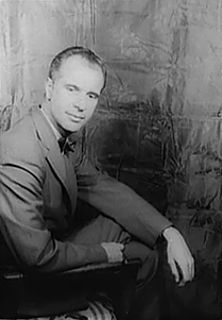A Quote by Allen W. Wood
Kantian ethical theory distinguishes three levels: First, that of a fundamental principle (the categorical imperative, formulated in three main ways in Kant's Groundwork); second, a set of duties, not deduced from but derived from this principle, by way of its interpretation or specification, its application to the general conditions of human life - which Kant does in the Doctrine of virtue, the second main part of the Metaphysics of Morals; and then finally an act of judgment, through which these duties are applied to particular cases.
Quote Topics
Act
Application
Applied
Cases
Categorical Imperative
Conditions
Derived
Distinguishes
Doctrine
Does
Duties
Ethical
Finally
First
Fundamental
General
Groundwork
Human
Human Life
Imperative
Interpretation
Judgment
Kant
Levels
Life
Main
Metaphysics
Morals
Part
Particular
Principle
Second
Set
Specification
Then
Theory
Three
Through
Virtue
Way
Ways
Which
Related Quotes
Kant's description of most ethical duties reads more like a description of moral virtues and vices. Once we see this, we see that Kantian ethics is indeed a kind of virtue ethics, and that it does not "divide the heart from the head" (to anticipate one of your later questions) but instead recognizes the deep truth that reason and emotion are not opposites.
It can be set down as a broad, general principle that we cannot indulge in idleness and abundance during both the first and second half of our life. Study, application, industry, enthusiasm while we are young usually enable us to enjoy life when we grow older. But unless we toil and strive and earn all we can in the first half, the second half of our life is liable to bring disappointment, discomfort, distress. The time to put forth effort is when we are most able to do it, namely, in the years of our greatest strength. The law of compensation hasn't ceased to function.
Citizens ... should be practitioners of civic virtue in their conduct toward government. They should be ever willing to fulfill the duties of citizenship. This includes compulsory duties like military service and the numerous voluntary actions they must take if they are to preserve the principle of limited government through citizen self-reliance.
The Freemen have 987 levels of membership, the first three of which are achieved merely by filling out an application. The 8th level is granted upon full acceptance into the local lodge, the 13th following Initiation, the 21st at the end of the Initiate's second week, and the 89th the first time he brings snacks.
There are three bombs. The first one is the atomic bomb, which disintegrates reality, the second one is the digital or computer bomb, which destroys the principle of reality itself - not the actual object - and rebuilds it, and finally the third bomb is the demographic one. Some experts have found out that in five thousand years from now, the weight of the population will be heavier than the weight of the planet. That means that humanity will constitute a planet of its own!
The basic thesis of gestalt theory might be formulated thus: there are contexts in which what is happening in the whole cannot be deduced from the characteristics of the separate pieces, but conversely; what happens to a part of the whole is, in clearcut cases, determined by the laws of the inner structure of its whole.
I think the success of every novel - if it's a novel of action - depends on the high spots. The thing to do is to say to yourself, 'Which are my big scenes?' and then get every drop of juice out of them. The principle I always go on in writing a novel is to think of the characters in terms of actors in a play. I say to myself, if a big name were playing this part, and if he found that after a strong first act he had practically nothing to do in the second act, he would walk out. Now, then, can I twist the story so as to give him plenty to do all the way through?
Money cannot be applied to the *general welfare*, otherwise than by an application of it to some *particular* measure conducive to the general welfare. Whenever, therefore, money has been raised by the general authority, and is to be applied to a particular measure, a question arises whether the particular measure be within the enumerated authorities vested in Congress. If it be, the money requisite for it may be applied to it; if it be not, no such application can be made.

































